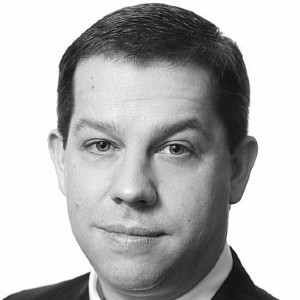After a few mock cases, I found that I have difficulties deciding which questions to ask before I come up with a structure and which questions to ask after I come up with a structure.
I keep wanting to ask all the questions I have as soon as I hear the explanation of a case, but then I find myself already starting with the analysis by asking relatively specific questions.
Is there a rule for this?



















